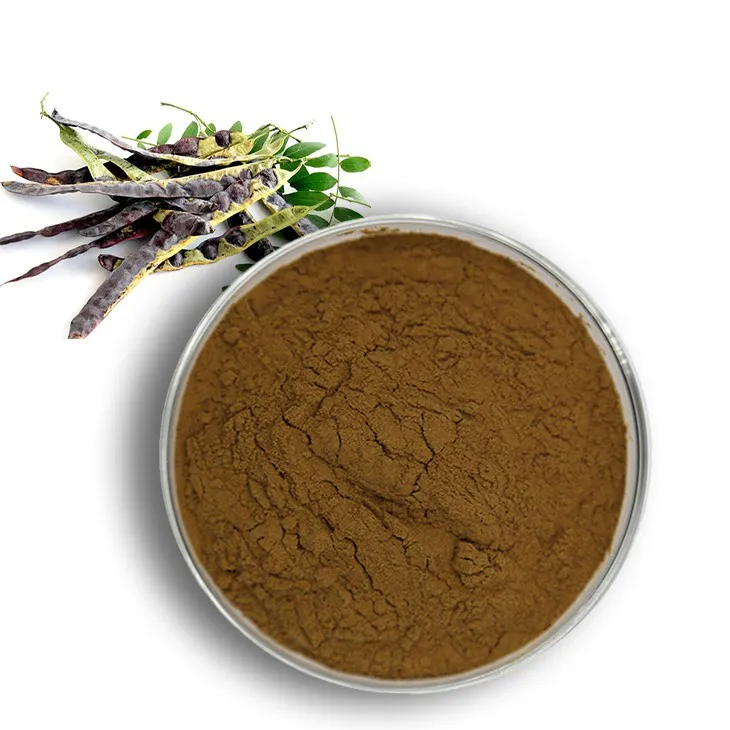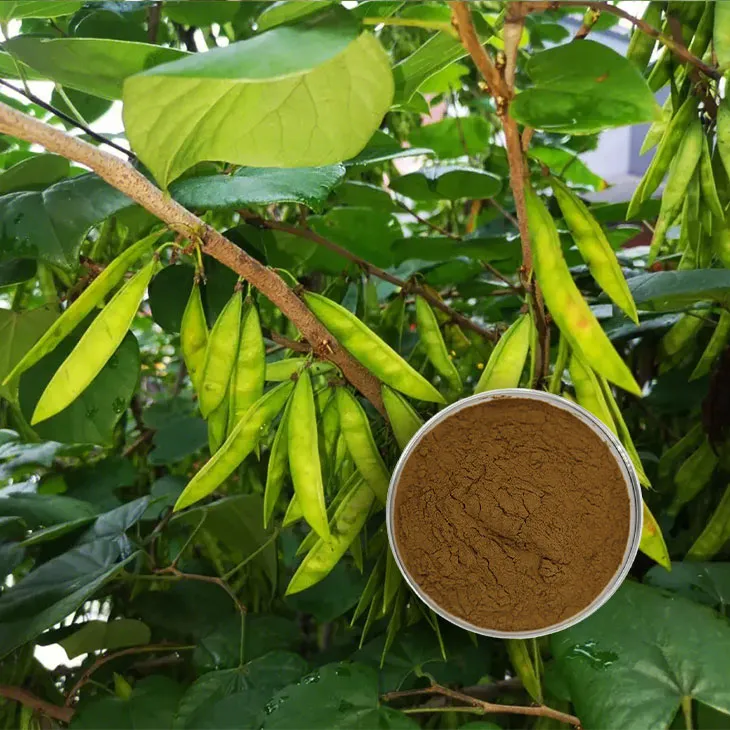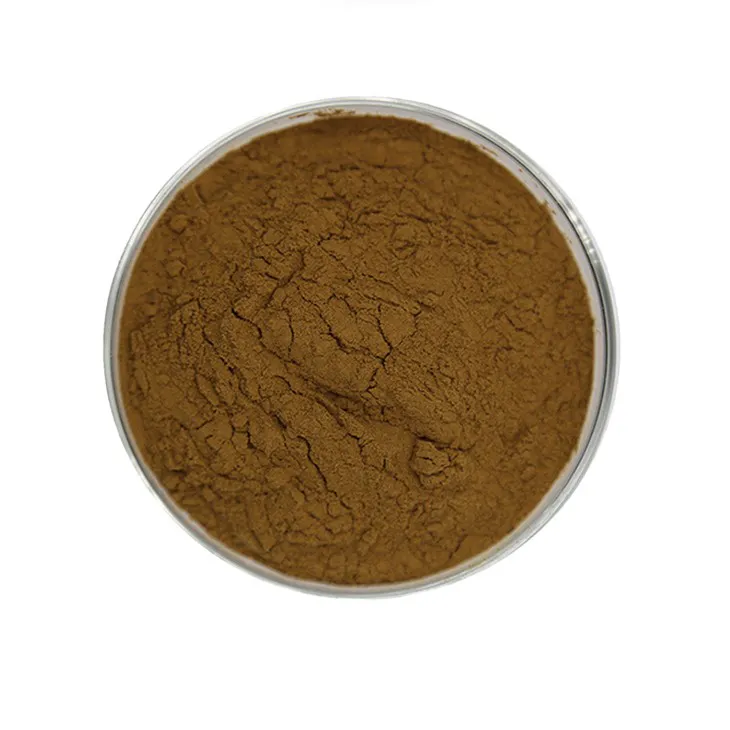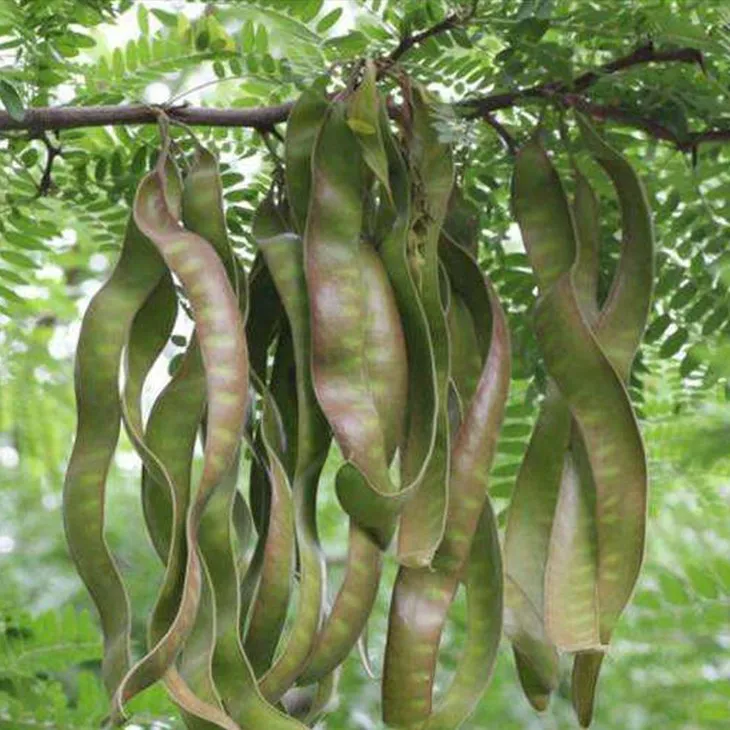- 0086-571-85302990
- sales@greenskybio.com
Saponin extract of the best quality.
2024-11-28

1. Introduction
The concept of the best - quality Saponin Extract is complex and multi - dimensional. Saponins are a diverse group of natural compounds found in various plants. They have gained significant attention due to their wide range of potential applications in different fields such as medicine, nutraceuticals, and agriculture. In this article, we will explore the aspects that contribute to the best - quality Saponin Extract.

2. The Importance of Raw Material Origin
The origin of the raw materials is a fundamental factor in determining the quality of Saponin Extract. Different plants are rich sources of saponins, but their quality can vary significantly depending on where they are grown.
2.1 Quinoa as an Example
Quinoa is a notable plant that contains saponins. Quinoa saponin extract has unique properties. The quality of quinoa saponins is highly influenced by the environmental conditions in which the quinoa plants are cultivated.
Quinoa plants should be sourced from regions with optimal sunlight, water, and soil quality. Regions with ample sunlight ensure proper photosynthesis, which is crucial for the synthesis of saponins within the plant. Adequate water supply, neither too much nor too little, is necessary for the healthy growth of the plant and the production of high - quality saponins. The soil quality, including its nutrient content, pH level, and texture, also plays a vital role. Rich and well - balanced soil can provide the necessary elements for the plant to produce a high - yield of high - quality saponins.

3. Precision in Extraction
When it comes to extraction, precision is key. The process of extracting saponin from plants requires state - of - the - art technologies to ensure the highest quality of the extract.
3.1 High - Efficiency Extraction
Modern extraction technologies are designed to isolate the saponin extract with high efficiency. These advanced techniques can target the saponins specifically, minimizing the extraction of unwanted substances. This not only increases the yield of saponin extract but also reduces the purification steps required later.
3.2 Maintaining Bioactivity
One of the most critical aspects of extraction is maintaining the bioactivity of the saponins. Saponins are known for their biological activities, such as antioxidant, anti - inflammatory, and anti - microbial properties. If the extraction process is too harsh or not properly controlled, it can damage the saponin molecules and reduce or even eliminate their bioactivity.
State - of - the - art extraction methods are carefully optimized to preserve the delicate structure of saponins. This involves controlling factors such as temperature, pressure, and extraction time. For example, some extraction processes use low - temperature and low - pressure conditions to gently extract the saponins without causing any harm to their bioactive components.

4. Applications in Different Fields
The best - quality saponin extract has great potential in various fields, which further emphasizes the importance of ensuring its high quality.
4.1 Traditional Medicine
In the field of traditional medicine, saponin - containing plants have been used for centuries in some cultures. Saponins have been considered for treating various ailments. For example, in some traditional Chinese medicine practices, certain plants rich in saponins are used to treat digestive problems, respiratory disorders, and skin diseases.
Modern research has started to explore the mechanisms behind these traditional uses. It has been found that saponins can interact with the human body in multiple ways. They can modulate the immune system, affect cell signaling pathways, and have potential anti - cancer properties. The best - quality saponin extract can play a more significant role in traditional medicine as it provides a more consistent and effective form of the active compound.
4.2 Treatment of Chronic Diseases
Modern research has further explored the potential of saponin extract in treating chronic diseases like diabetes and heart disease. Saponins have been shown to have beneficial effects on blood sugar regulation. Some saponin - containing plants can lower blood glucose levels by enhancing insulin sensitivity or inhibiting certain enzymes involved in glucose metabolism.
In the case of heart disease, saponins may help in reducing cholesterol levels. They can interact with cholesterol molecules in the digestive system, preventing their absorption and thus reducing the overall cholesterol levels in the body. The best - quality saponin extract can be a valuable addition to the treatment and prevention of these chronic diseases due to its pure and effective nature.
4.3 Nutraceutical Market
In the nutraceutical market, consumers are increasingly looking for high - quality saponin - based products. People are becoming more health - conscious and are seeking natural alternatives to synthetic drugs and supplements.
Saponin - based nutraceuticals can offer a range of health benefits. They can act as antioxidants, protecting the body from oxidative stress caused by free radicals. They can also support the immune system and improve overall well - being. The best - quality saponin extract can meet this demand by providing a pure and effective form of this natural compound. It can be formulated into various products such as capsules, tablets, or powders, making it convenient for consumers to incorporate into their daily health regimens.
4.4 Agricultural Sector
In the agricultural sector, saponin extract can be used as a natural pesticide or growth enhancer. Saponins have natural pesticidal properties as they can disrupt the cell membranes of pests, leading to their death. This makes them an environmentally friendly alternative to synthetic pesticides.
As a growth enhancer, saponin extract can stimulate plant growth. It can influence plant hormones and nutrient uptake, resulting in stronger and more productive plants. The best - quality saponin extract can be more effective in these applications as it contains a higher concentration of active saponins and is free from contaminants that could potentially harm the plants.

5. Quality Assurance
Quality assurance of the best - quality saponin extract involves comprehensive monitoring of every production step, starting from the raw material collection to the final product.
5.1 Monitoring Raw Material Collection
During the collection of raw materials, strict quality control measures should be in place. This includes ensuring that the plants are harvested at the right time. For example, if quinoa is being used as the source of saponins, it should be harvested when the saponin content is at its peak. Additionally, only healthy plants should be selected for extraction to avoid any potential contamination or reduced quality due to diseased plants.
5.2 Production Process Monitoring
Throughout the production process, parameters such as temperature, pressure, and extraction time in the extraction process should be carefully monitored. Any deviation from the optimal conditions can affect the quality of the saponin extract. Quality control checks should also be carried out at each stage of purification to ensure that the final product is free from impurities.
5.3 Storage and Transportation
The storage and transportation of the saponin extract are also crucial aspects of quality assurance. The extract should be stored in appropriate conditions, such as in a cool, dry place, away from direct sunlight. This helps to preserve the stability and bioactivity of the saponins.
During transportation, the extract should be packaged properly to prevent any damage or exposure to unfavorable conditions. Special packaging materials may be required to protect the saponin extract from moisture, heat, and physical shock.
6. Conclusion
The best - quality saponin extract is a valuable natural compound with wide - ranging applications. The origin of the raw materials, precision in extraction, and comprehensive quality assurance are all essential elements in ensuring its high quality. As research continues to uncover more about the potential of saponins, the demand for high - quality saponin extract is likely to increase in various fields, making it crucial to uphold the highest standards in its production.
FAQ:
What factors determine the quality of saponin extract?
The quality of saponin extract is determined by multiple factors. Firstly, the origin of raw materials is crucial. For example, plants grown in regions with optimal sunlight, water, and soil quality are more likely to yield high - quality saponins. Different plants also contain different types of saponins, and some are more desirable. Additionally, the extraction process plays a significant role. State - of - the - art extraction technologies are needed to ensure high efficiency and maintain the bioactivity of saponins.
What are the applications of the best - quality saponin extract?
The best - quality saponin extract has diverse applications. In traditional medicine, it has been used for centuries in some cultures to treat various ailments. In modern medicine, it shows potential in treating chronic diseases such as diabetes and heart disease. In the nutraceutical market, it meets the increasing consumer demand for high - quality saponin - based products. In the agricultural sector, it can be used as a natural pesticide or growth enhancer.
How is the bioactivity of saponin extract maintained during extraction?
To maintain the bioactivity of saponin extract during extraction, state - of - the - art extraction technologies are employed. These advanced techniques are designed to isolate the saponin extract precisely. By using such precise methods, the integrity of the saponin structure and its associated bioactivity can be preserved.
Why is quality assurance important for saponin extract?
Quality assurance is crucial for saponin extract because it ensures the effectiveness and safety of the product. It involves comprehensive monitoring of every production step, including the storage and transportation of the extract. In different application fields, such as medicine and nutraceuticals, only high - quality saponin extract can achieve the expected results and meet regulatory requirements.
What makes quinoa saponin extract unique?
Quinoa saponin extract is unique due to several factors. Quinoa plants, when sourced from regions with optimal environmental conditions, produce saponins with distinct properties. These properties set it apart from saponin extracts from other plants. The unique composition of quinoa saponin extract may contribute to its potential in various applications, similar to other high - quality saponin extracts.
Related literature
- Saponin Extracts: Properties and Potential Applications"
- "The Role of High - Quality Saponin Extract in Modern Medicine"
- "Quality Control in Saponin Extract Production"
- ▶ Hesperidin
- ▶ citrus bioflavonoids
- ▶ plant extract
- ▶ lycopene
- ▶ Diosmin
- ▶ Grape seed extract
- ▶ Sea buckthorn Juice Powder
- ▶ Beetroot powder
- ▶ Hops Extract
- ▶ Artichoke Extract
- ▶ Reishi mushroom extract
- ▶ Astaxanthin
- ▶ Green Tea Extract
- ▶ Curcumin Extract
- ▶ Horse Chestnut Extract
- ▶ Other Problems
- ▶ Boswellia Serrata Extract
- ▶ Resveratrol Extract
- ▶ Marigold Extract
- ▶ Grape Leaf Extract
- ▶ blog3
- ▶ blog4
-
High - quality kidney bean extract products.
2024-11-28
-
The best aged garlic extract on the market.
2024-11-28
-
How to make powder with L - arginine.
2024-11-28
-
Certified organic hawthorn extract.
2024-11-28
-
Bulk purchase of mulberry leaf extract.
2024-11-28
-
Wholesale Suppliers of Eyebright Extract.
2024-11-28
-
Beetroot juice Powder
2024-11-28
-
Yohimbine Bark Extract
2024-11-28
-
Hawthorn Extract
2024-11-28
-
Lemon Extract
2024-11-28
-
Hericium erinaceus extract powder
2024-11-28
-
Scutellaria Extract
2024-11-28
-
Lavender Extract
2024-11-28
-
Cranberry Extract
2024-11-28
-
Black Pepper Extract
2024-11-28
-
Red Wine Extract
2024-11-28





















